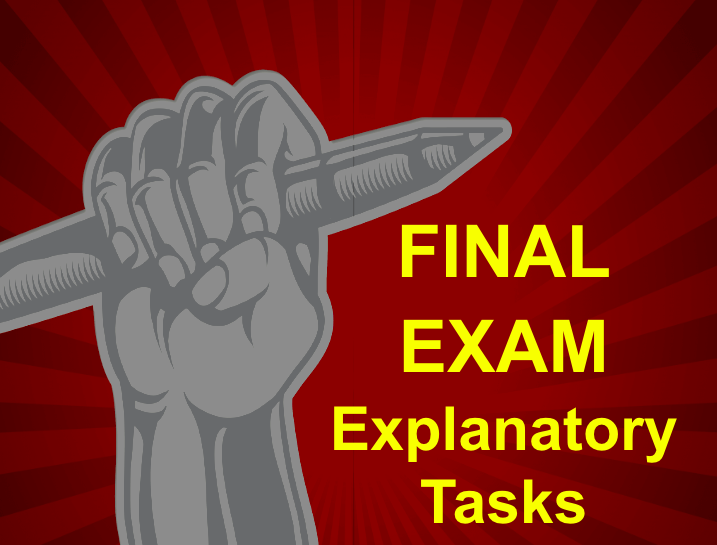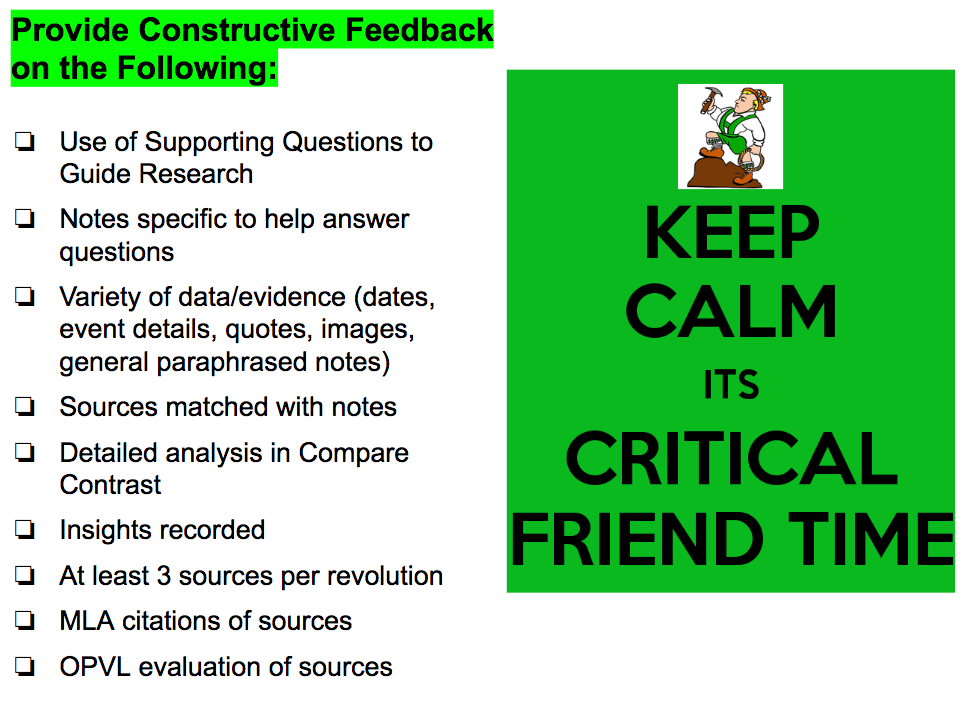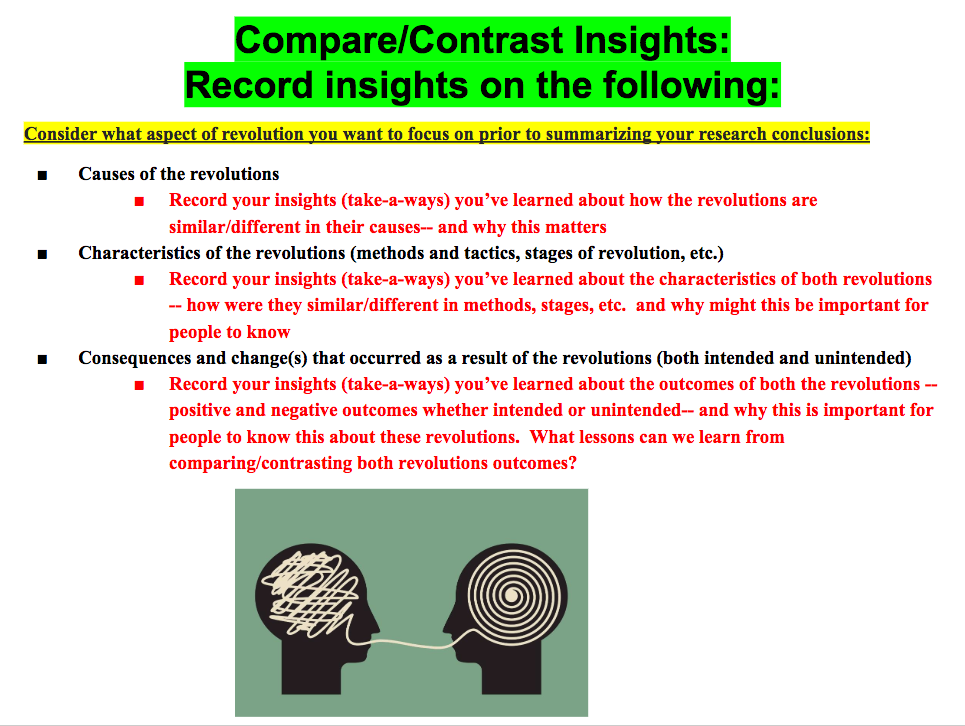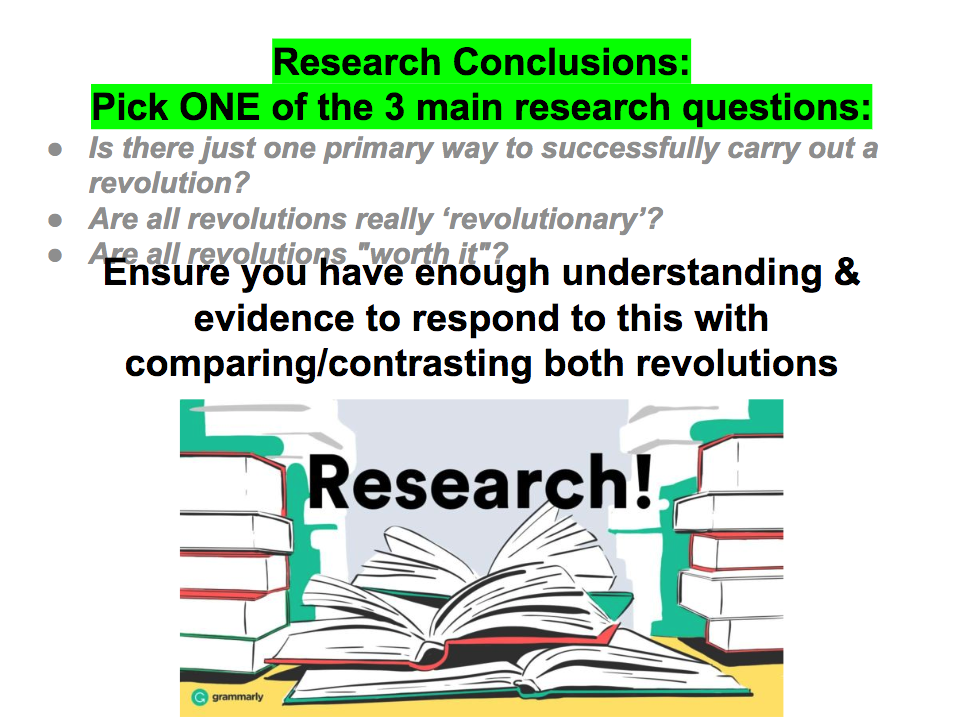|
Helpful Planning Resources:
Additional helpful resources:
Further Resources - Specific to writing/explanatory skills:
Group Check-in:In Class Task: |
Mrs. Stewart's CourseYou'll find a daily agenda posted here for each day that class meets Archives
May 2020
Categories |







 RSS Feed
RSS Feed